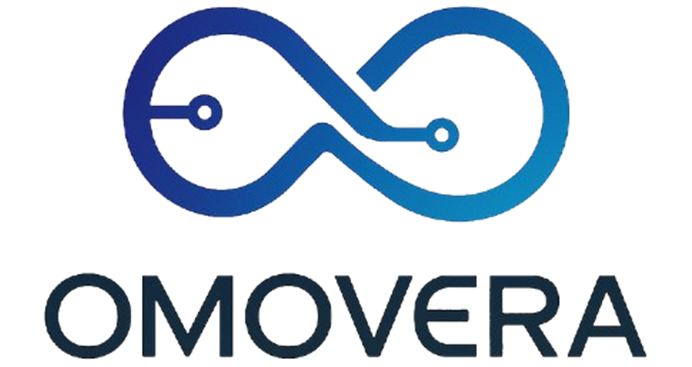AI is not just an upgrade; it’s a structural revolution for the legal consulting industry. Legal consultants—whether internal counsel, compliance officers, or external advisors—are drowning in data, from case law and regulatory filings to massive contracts. Artificial Intelligence (AI) and Generative AI tools provide the essential lifeline, automating the tedious, high-volume tasks that consume billable hours and prevent strategic, high-value client advisory. This transition is the key to unlocking unmatched operational efficiency, driving down costs, and gaining a crucial competitive advantage in the modern legal market.
By offloading repetitive work to intelligent systems, legal professionals can flip the 80/20 rule: spending 80% of their time on high-level strategy, client relationship building, and nuanced legal judgment, rather than rote document review and research. This not only boosts Law Firm Efficiency but also significantly improves Legal Service Delivery and client satisfaction.
7 Essential Ways Legal Consultants Can Leverage AI for Efficiency
Legal consultants and firms must adopt specific AI applications to realize these efficiency gains and secure their position as industry leaders.
1. Hyper-Fast Legal Research & Precedent Discovery 💡
Goal: Cut research time from hours or days to minutes. AI-powered research platforms (often using Natural Language Processing (NLP)) go beyond keyword searches. They can analyze millions of case laws, statutes, and regulatory filings simultaneously, identifying the most relevant precedents, legal principles, and even tracking how arguments evolve over time. This enables consultants to build stronger, data-backed strategies faster than ever before.
2. Automated Contract Review and Due Diligence (e-Discovery) 📝
Goal: Process massive document volumes with high accuracy. AI tools excel at Document Review by scanning thousands of pages of contracts, emails, and disclosure materials. They can instantly extract key clauses, flag non-standard terms, identify inconsistencies, and assess risk—tasks that are time-consuming and error-prone for humans. In M&A due diligence, this slashes review time and reduces costs dramatically.
3. Predictive Analytics for Case Strategy and Risk 📊
Goal: Advise clients with quantitative data on potential outcomes. Predictive analytics AI uses historical litigation data (judges’ ruling patterns, opposing counsels’ history, case timelines) to calculate the probability of success, likely settlement ranges, and potential litigation costs. This moves consulting from reliance on gut feeling to data-driven advice, significantly enhancing a consultant’s value and client trust.
4. Generative AI for Initial Document Drafting & Summarization ✍️
Goal: Accelerate the creation of first drafts and internal memos. Generative AI can produce high-quality, customized first drafts of standard legal documents (e.g., employment contracts, non-disclosure agreements, simple motions) and complex legal memos. It can also instantly summarize vast legal narratives, case transcripts, or regulatory changes, allowing consultants to quickly grasp the core issues and dedicate time to refinement rather than creation.
5. Real-Time Regulatory Monitoring and Compliance 🚨
Goal: Ensure continuous, proactive compliance and risk management. AI systems can continuously monitor regulatory changes across multiple jurisdictions (e.g., GDPR, CCPA, new industry-specific laws). They automatically alert consultants to new or impending compliance requirements, assess the impact on client operations, and suggest necessary policy updates, turning reactive crisis management into proactive risk mitigation.
6. Smart Contract Management and Lifecycle Automation ⚙️
Goal: Centralize and manage contracts post-execution efficiently. For consultants working with in-house legal teams, AI-powered Contract Lifecycle Management (CLM) tools automatically track key deadlines, renewal dates, and performance obligations within a contract portfolio. They flag contracts approaching expiration or containing compliance risks, minimizing financial and legal exposure for the client.
7. Enhanced Client Intake and Communication (Chatbots) 💬
Goal: Improve client experience and free up support staff. AI legal chatbots and virtual assistants can handle routine client inquiries (e.g., scheduling, basic process explanations, document requests) 24/7. This improves client responsiveness, reduces the workload on junior staff, and allows senior consultants to focus their valuable time on complex client advisory and relationship deepening.
Conclusion: Future-Proofing the Legal Consultant
The integration of AI is no longer optional; it is the defining metric of efficiency and competence in modern legal consulting. Firms that embrace LegalTech and strategically deploy AI tools for tasks like document review, legal research, and predictive analysis will drastically reduce operational costs, increase accuracy, and offer superior, faster service. This AI transformation is the pathway to sustained growth, competitive dominance, and the future of the profession.

